World travel is supposed to be fun. It’s supposed to be a way of experiencing different cultures, tasting different foods, meeting different people. What’s not so fun is getting your wallet snatched on the street, or discovering someone slashed a hole in the bottom of your purse. This is a sticky situation – especially if you’re abroad. You don’t want to lose your passport or the money for your ticket home. Follow these tips on keeping your money safe abroad.
Where do I store my money?
This is the most important (and often most contentious) part of keeping your money safe. Where are you going to store your valuables on your journey? Most likely, you’ll have some credit cards, a debit card, some cash and your passport.
Many seasoned travelers used to recommend wearing a money belt, a sort of slim fanny pack that clips around your midsection and rests beneath your shirt. However, many pickpockets have grown wise and will be on the lookout for tourists who have to awkwardly reach beneath their clothes to access their valuables. It’s like shining a spotlight on all of your money.
The best way to keep your money safe is to carry your cards and cash in different places all around your person. Make use of interior jacket pockets, pants pockets with false inserts, and anywhere else you can think of. Some people store bank notes beneath the insoles of their shoes. Many women tuck bills into their bras.
You can still carry a purse or wallet, but make sure you’re not carrying all of your valuables in the same place. Fanny packs, even though they’re (bizarrely) coming back into fashion, actually make you a target to thieves, since they mark you as a tourist. Do not put your wallet in your back pocket – it’s the first place thieves will look. Clean out your wallet before you go, so you’re not noticeably digging through it every time you need to pay for something.
For those of you who carry a purse, it’s best to use a crossbody bag for traveling. They’re much harder to snatch than regular handbags, and better for keeping your money safe. Consider purchasing an anti-theft bag, which often comes with slash-proof fabric and cable-reinforced shoulder straps. These bags are often equipped with RFID-blockers, which protect your credit and debit cards from identity theft.
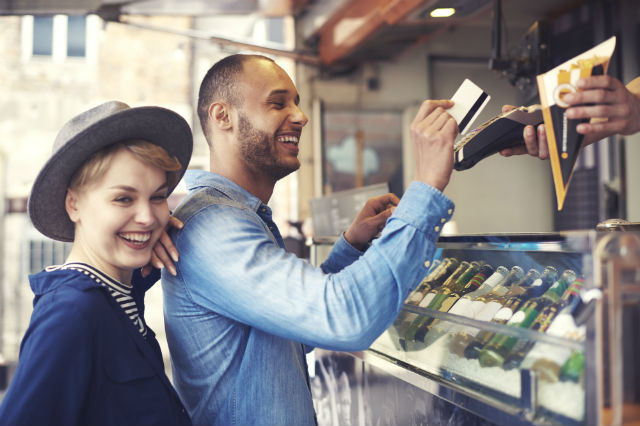
What if I need more money?
It’s natural to splurge a little bit while you’re on vacation. If you need to get a bit more cash, make sure to practice ATM safety. Don’t go to secluded ATMs if you can help it. When you do access an ATM, check to see if there are any incongruous pieces around the card reader. These are skimmers, which identity thieves often place on ATMs to gather the information of unsuspecting ATM users.
The safest ATMs to access are the ones that are actually inside a bank, not just attached to the outside.
If you want to exchange your American cash for the bills from the country you’re visiting, make sure you know the exchange rates beforehand, so that you don’t get shortchanged. Banks and credit unions will often give you the most fair exchange rate, unlike currency exchange services at airports.
What if I get robbed anyway?
When you’re going on vacation in a foreign country, you should hope for the best, but plan for the worst.
Before you head off on your trip, make sure you have multiple photocopies of any important documents, like your passport, your credit cards and your plane tickets.
Don’t carry too much cash on you. If it gets stolen, there’s not much you can do. Rather, stick to credit cards, debit cards and pre-paid travel cards. That way, if they get stolen, you can call your bank or credit card company and let them know what’s going on. You won’t be on the hook for any crazy purchases the thief will try to make (or has already made).
Some travelers carry a “pickpocket wallet,” or a decoy wallet with fake or out-of-date credit cards and small bills. Feel free to put this wallet in your back pocket. If it gets snatched, you won’t miss it. And it distracts from the other places you might be keeping your money.
If you are robbed, you can report the crime to the local police. If you’re in a country where the police have a reputation of being corrupt, report it to the American embassy or consulate instead.
Do you have any tips and tricks for keeping your money safe while traveling abroad? Share them with us in the comments below!
2 Thoughts on “Keeping Your Money Safe Abroad”
Leave A Comment
Comments are subject to moderation and may or may not be published at the editor’s discretion. Only comments that are relevant to the article and add value to the Your AAA community will be considered. Comments may be edited for clarity and length.




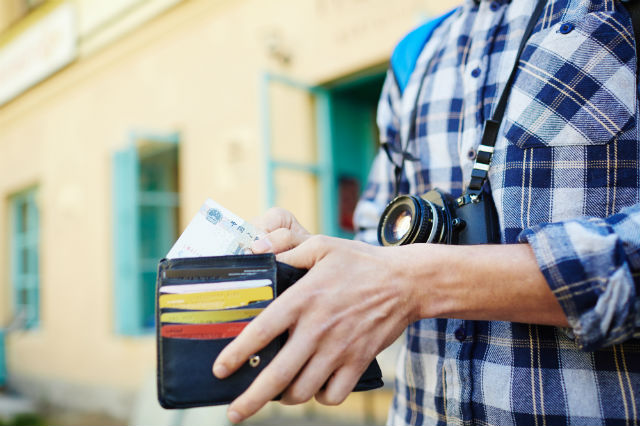
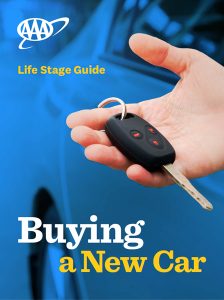










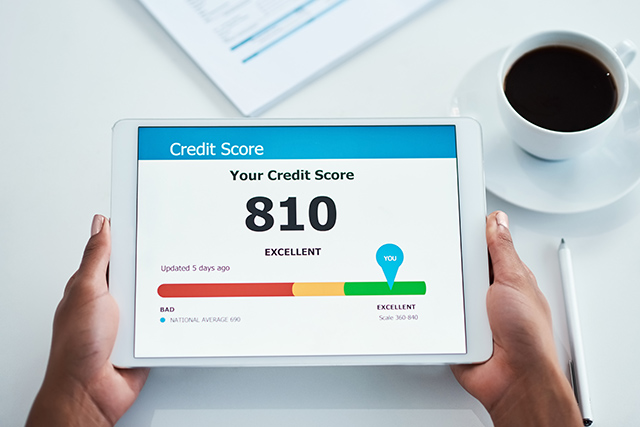
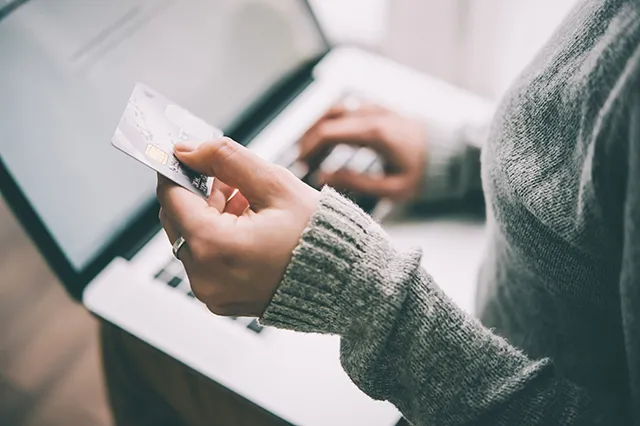
Shouldn’t you leave money, jewelry and passport in the hotel safe? Is that not a good place to store valuables? That’s what I was always told.
Since some hotel employees have keys to open the safe as well, some people feel uncomfortable leaving valuables there. I would say that it depends on the hotel you’re staying at. If it’s a property that you are familiar with and that you trust, you should be fine leaving some of your valuables in the safe. Just don’t put all of your eggs in one basket!
– Sarah